Northern Ireland's "peace babies" claim that sectarianism still exists and is preventing development.
April 9, 2023Tweet

Cori Conlon is one of Northern Ireland’s “peace babies” born after the Good Friday Agreement was signed in 1997, ending decades of violence and raising hopes of a brighter future for the next generation. She was raised in a predominantly Catholic area in west Belfast, spoke Irish, sang Irish ballads and attended Irish Catholic school. Her views were shaped by the folklore of her family, tales of the violence between Catholic nationalists and Protestant unionists, or the British Army, known as the Troubles, that racked daily life for 30 years and left more than 3,600 people dead. She didn’t meet a Protestant until she was 11. Conlon is one of Northern Ireland’s “peace babies,” those born after the Good Friday Agreement was signed in 1997, ending decades of violence and raising hopes of a brighter future for the next generation.
25 years on, young people like Conlon are still exposed to the trauma of the Troubles, as clashes over identity and constitutional issues continue to dictate political discourse. The Democratic Unionist Party (DUP) collapsed the government in protest against the Brexit settlement, while Sinn Fein, CNN spoke with three "peace babies" living in Belfast, who dream of living in a future free from sectarianism and fear political discord is stifling their futures. Cori Conlon, 22, an Irish-language campaigner who works in theater, grew up in a segregated society and thought Protestants were the bad guys. She joined a cross-community performing arts project, learning to act and sing with young people from the other side of Belfast. Conlon's perception of Protestants began to change when she joined a cross-community performing arts project, learning to act and sing with young people from the other side of Belfast.
She now works for YouthAction Northern Ireland, teaching theater to children from Protestant and Catholic backgrounds at the Rainbow Factory, the same performing arts school that opened her eyes to the fissures within Northern Ireland’s society. She is adamant that another generation is not condemned to the same fate of sectarianism.
Protestants Northern-ireland British Troubles
Comments
Related news

How does the normalisation of Saudi Arabia and Iran, mediated by China, impact Israel?
Read more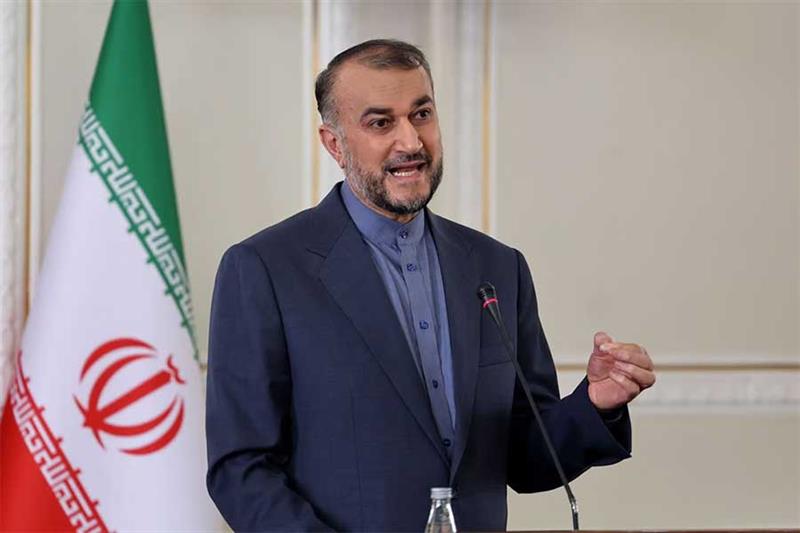
'Cruel deception,' the US says of Iran's prisoner exchange claim.
Read more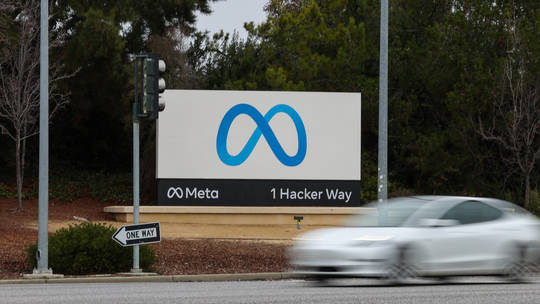
A decentralised Twitter rival is under development, according to Meta.
Read more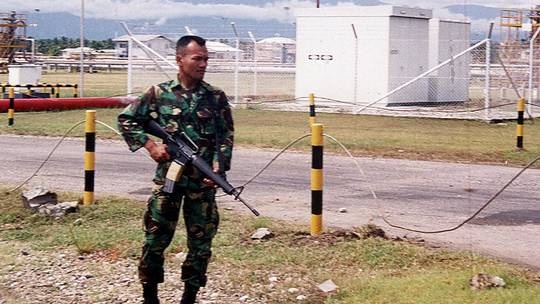
ExxonMobil settles a tort claim in Indonesia.
Read more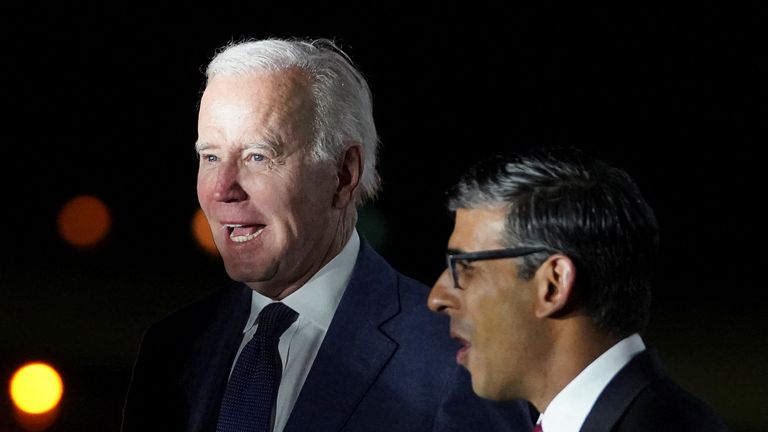
On the momentous 25th anniversary of the Good Friday Agreement, Joe Biden welcomes Rishi Sunak to Northern Ireland.
Read more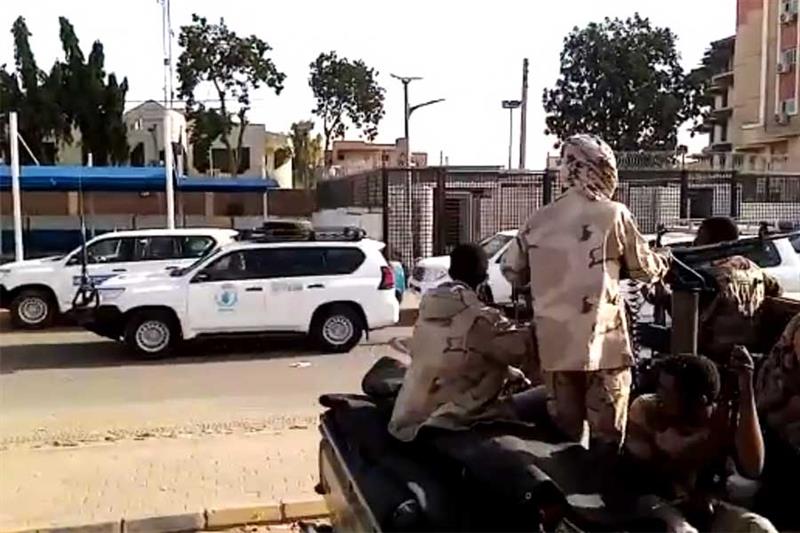
Governments scramble to save diplomats and Sudanese citizens
Read more
Indonesia ready to bypass Visa and Mastercard – media
Read more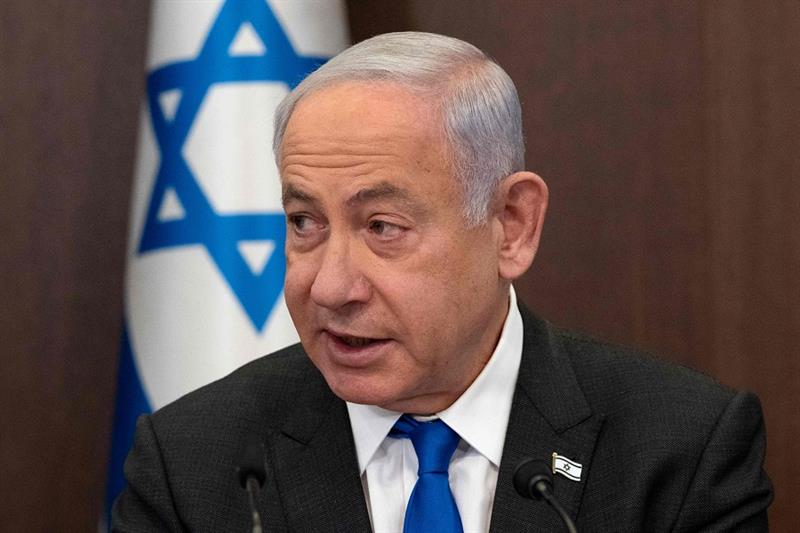
Germany and the UK are urged to refuse Netanyahu's invitation by opponents.
Read more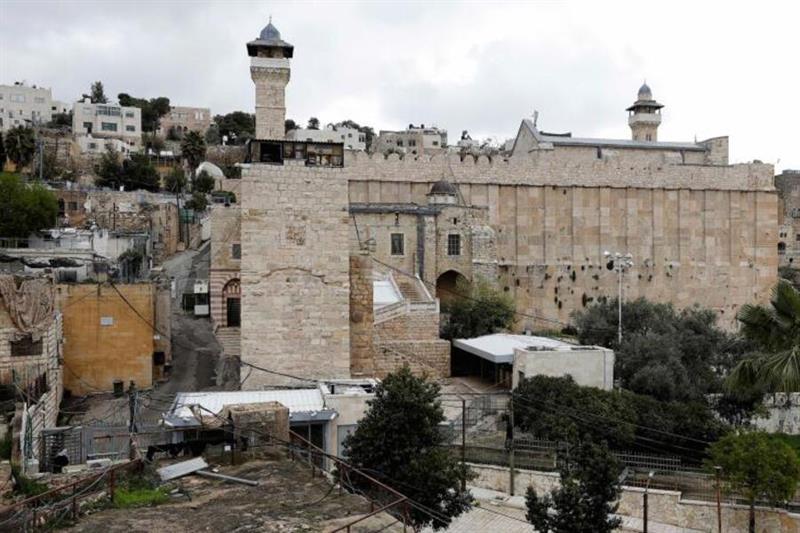
In the Old City of Hebron, Israeli settlers smash and loot Palestinian shops.
Read more